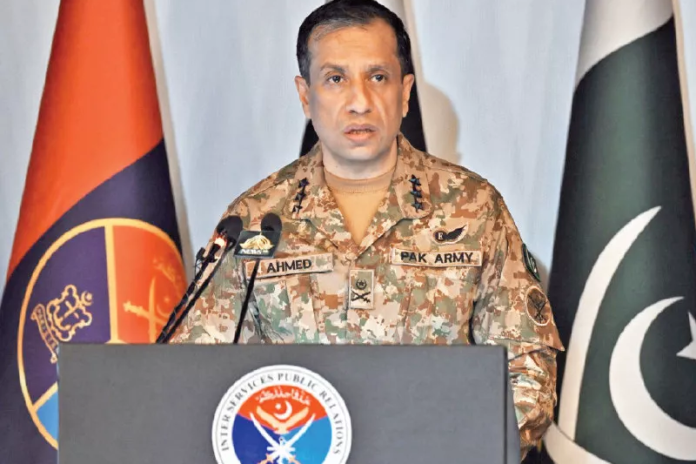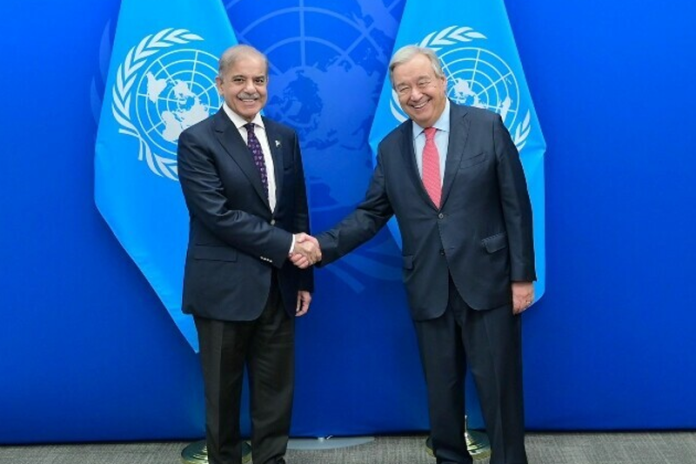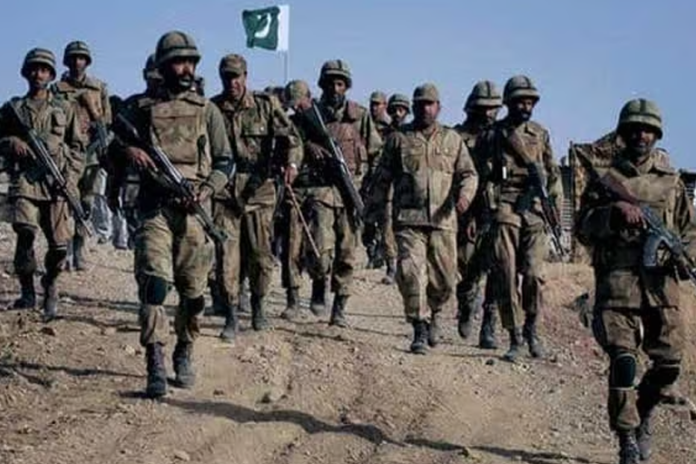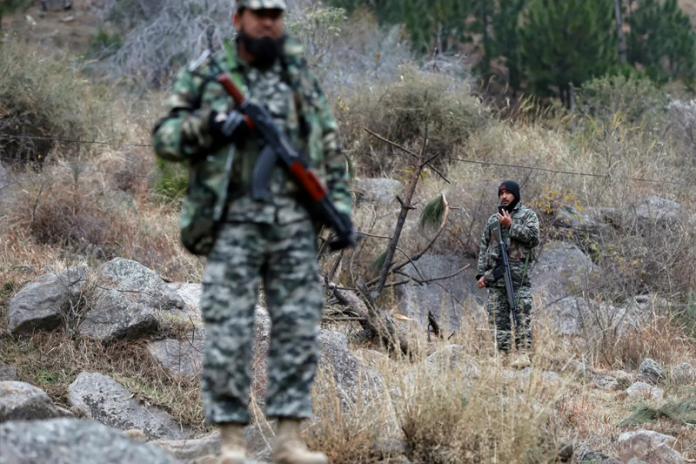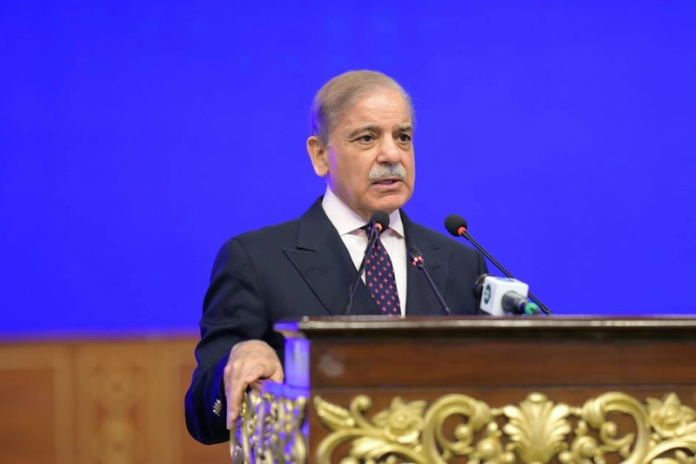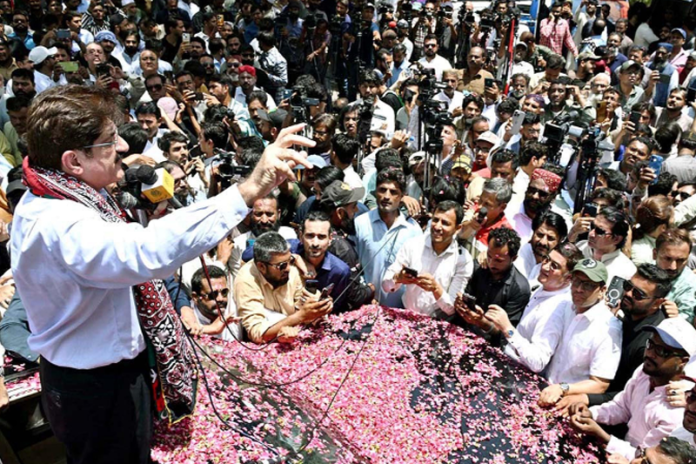Unveiling double standards: A closer look at Pakistan's sociopolitical landscape
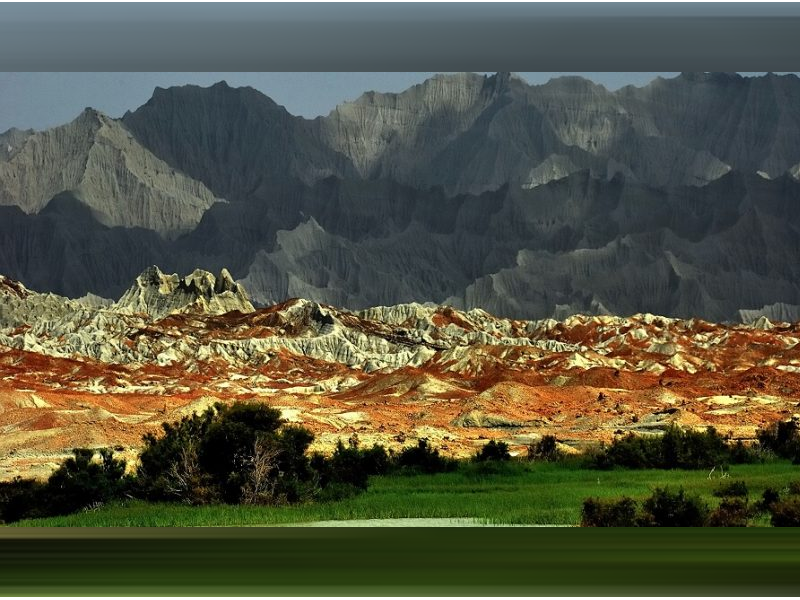
- 258
- 0
In the intricate tapestry of Pakistan’s sociopolitical milieu, the concept of double standards often emerges as a recurring theme, casting a shadow over governance, justice, and societal norms.
From the corridors of power to the streets, these duplicities manifest in various forms, perpetuating inequality, injustice, and a sense of disillusionment among the populace. Political Arena: In the realm of politics, double standards find fertile ground, with accusations and instances of hypocrisy prevalent among major parties. Leaders, quick to point fingers at rivals for their shortcomings, often conveniently overlook similar transgressions within their own ranks. Promises made during election campaigns often dissolve into thin air post-election, as parties engage in practices contradicting their stated ideologies.
Judicial System: The judiciary, tasked with upholding the rule of law and ensuring justice for all, is not immune to double standards. While high-profile cases may receive swift and stringent scrutiny, the wheels of justice often grind slowly for the marginalized and less fortunate. The perception of preferential treatment for the influential and affluent undermines public trust in the judicial system, breeding cynicism and disillusionment.
Social Norms: In societal norms and cultural practices, double standards often manifest in gender roles, where women are held to stricter standards of behavior and morality compared to men. Discriminatory practices, such as honor killings and unequal access to education and employment opportunities, underscore the deep-seated biases that permeate Pakistani society. Media and Public Discourse: The media, considered the fourth estate and a watchdog of democracy, is not exempt from accusations of double standards. Biased reporting, selective coverage, and sensationalism contribute to a polarized public discourse, exacerbating societal divisions rather than fostering informed debate and dialogue. International Relations: On the international stage, Pakistan faces allegations of double standards in its foreign policy, particularly concerning issues of terrorism and human rights. Critics argue that Pakistan often adopts a selective approach, condemning terrorism abroad while allegedly turning a blind eye to militant groups operating within its borders. Similarly, accusations of human rights abuses in conflict zones like Balochistan and Kashmir raise questions about Pakistan’s commitment to universal human rights principles. Social Justice and Economic Disparities: Double standards also manifest in the realm of social justice and economic disparities. While Pakistan boasts a rich cultural heritage and a tradition of hospitality, socioeconomic inequalities persist, widening the gap between the haves and the have-nots. Elitism and nepotism often dictate access to resources and opportunities, perpetuating a cycle of poverty and disenfranchisement for marginalized communities. Despite initiatives aimed at poverty alleviation and social welfare programs, the benefits of development often fail to reach those most in need, further entrenching systemic injustices.
Educational System: In the sphere of education, double standards are evident in the disparities between urban and rural areas, as well as between public and private institutions. While the elite have access to world-class educational facilities, a significant portion of the population lacks basic educational infrastructure, hindering social mobility and perpetuating cycles of poverty. Moreover, gender disparities in education remain a pressing issue, with girls often facing barriers to access and completion of schooling, exacerbating existing inequalities. Environmental Conservation and Climate Change: In matters of environmental conservation and climate change, Pakistan grapples with double standards in balancing economic development with ecological sustainability. Rapid urbanization and industrialization contribute to environmental degradation, exacerbating issues such as air and water pollution, deforestation, and depletion of natural resources.
While policies and initiatives may espouse environmental protection, enforcement often falls short, with powerful vested interests prioritizing short-term gains over long-term sustainability. Citizenship Rights and Minorities: Double standards also affect citizenship rights and the treatment of minority communities in Pakistan. Despite constitutional guarantees of equal rights and protection, religious and ethnic minorities often face discrimination and persecution, with incidents of violence and marginalization going unchecked. The state’s failure to ensure the safety and security of all citizens undermines the principles of inclusivity and pluralism, eroding trust in the democratic process and exacerbating intercommunal tensions. Way Forward: Addressing double standards in Pakistan necessitates a comprehensive approach encompassing legislative reforms, institutional strengthening, and societal awareness. Political leaders must lead by example, demonstrating integrity, accountability, and a commitment to the welfare of all citizens. Judicial authorities must uphold the rule of law impartially, ensuring equal access to justice for all, regardless of status or privilege. Civil society organizations play a crucial role in advocating for transparency, accountability, and the protection of human rights, holding authorities accountable for their actions. Additionally, educational reforms aimed at promoting inclusivity, critical thinking, and empathy are essential to fostering a culture of tolerance and respect for diversity.
Only through collective action and a commitment to upholding universal principles of justice and equality can Pakistan overcome the scourge of double standards and realize its full potential as a vibrant and inclusive democracy.


